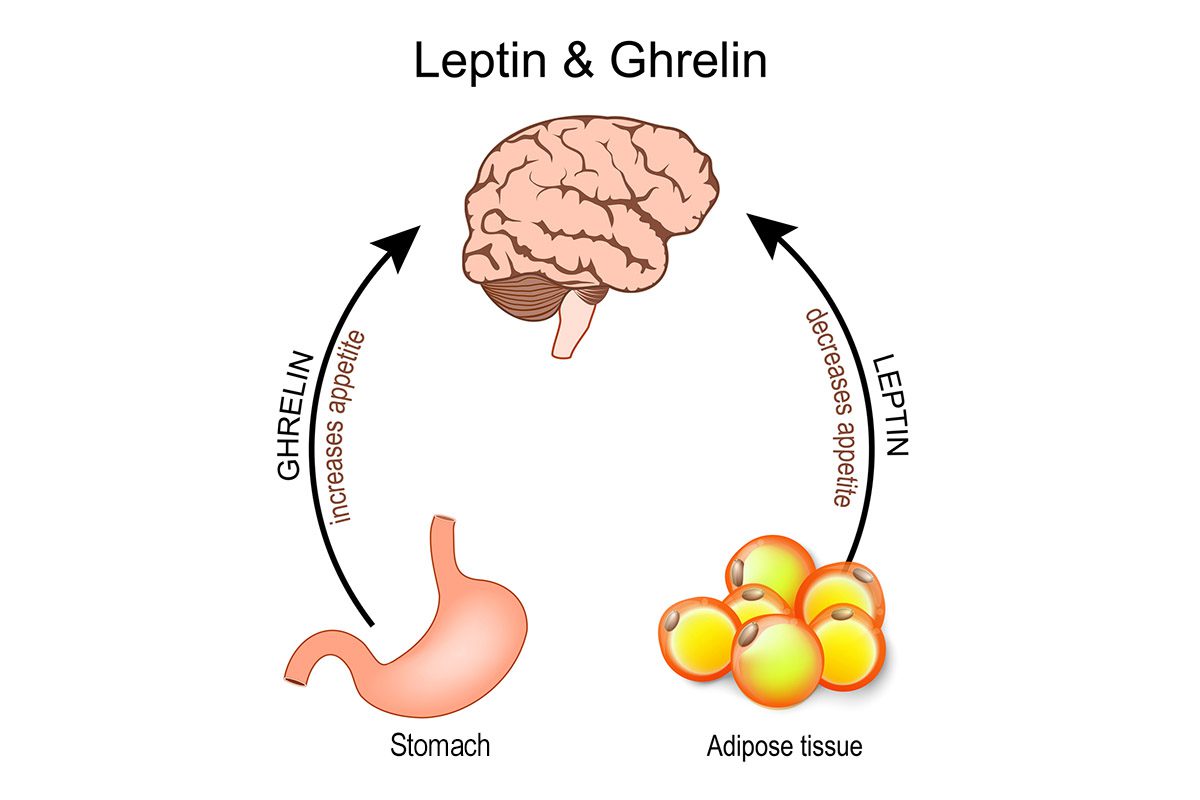Objective: To evaluate the efficacy and tolerability of adjunctive topiramate compared to placebo in reducing weight and binge eating in obese patients with binge-eating disorder (BED) receiving cognitive-behavior therapy (CBT).
Method: A double-blind, randomized, placebo-controlled trial of 21 weeks’ duration was conducted at 4 university centers. Participants were 73 obese (body mass index >= 30 kg/m2) outpatients with BED (DSM-IV criteria), both genders, and aged from 18 to 60 years. After a 2- to 5-week run-in period, selected participants were treated with group CBT (19 sessions) and topiramate (target daily dose, 200 mg) or placebo (September 2003-April 2005). The main outcome measure was weight change, and secondary outcome measures were binge frequencies, binge remission, Binge Eating Scale (BES) scores, and Beck Depression Inventory (BDI) scores.
Results: Repeated-measures random regression analysis revealed a greater rate of weight reduction associated with topiramate over the course of treatment (p < .001), with patients taking topiramate attaining a clinically significant weight loss (-6.8 kg) compared to patients taking placebo (-0.9 kg). Although rates of reduction of binge frequencies, BES scores, and BDI scores did not differ between groups during treatment, a greater number of patients of the topiramate plus CBT group (31/37) attained binge remission compared to patients taking placebo (22/36) during the trial (p = .03). No difference between groups was found in completion rates; 1 patient (topiramate group) withdrew for adverse effect. Paresthesia and taste perversion were more frequent with topiramate, and insomnia was more frequent with placebo (p < .05).
Conclusions: Topiramate added to CBT improved the efficacy of the later, increasing binge remission and weight loss in the short run. Topiramate was well tolerated, as shown by few adverse events during treatment.
Clinical Trials Registration: ClinicalTrials.gov identifier NCT00307619′ ‹
Enjoy this premium PDF as part of your membership benefits!





